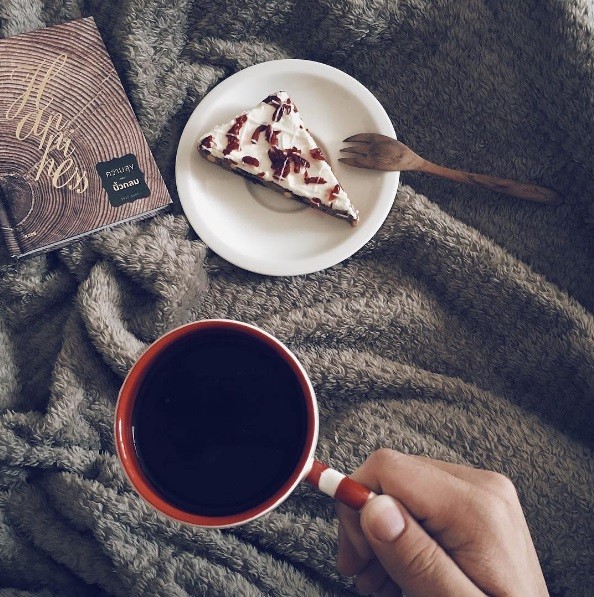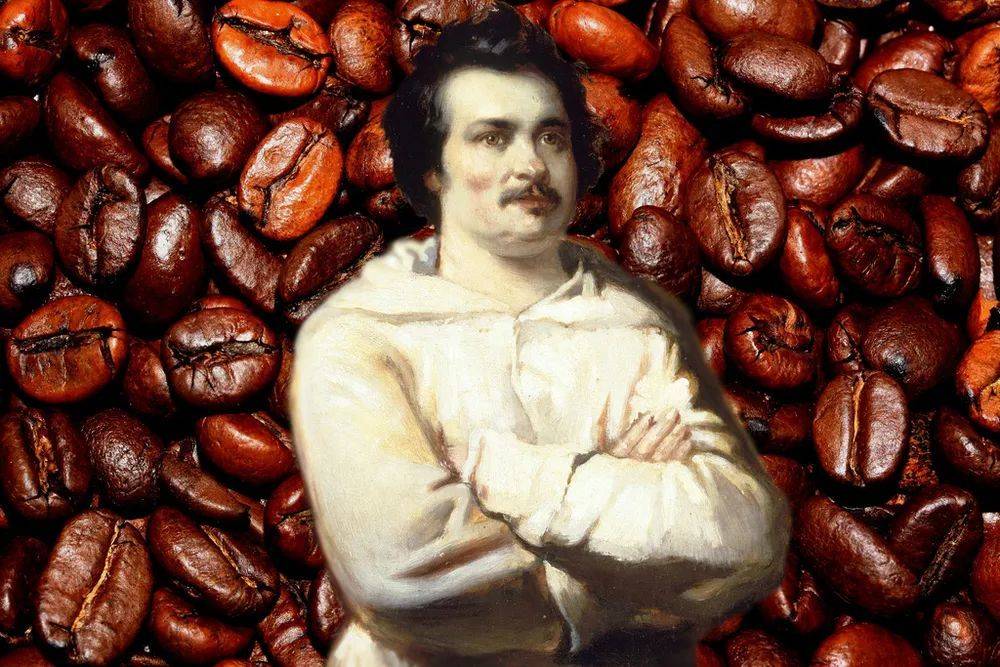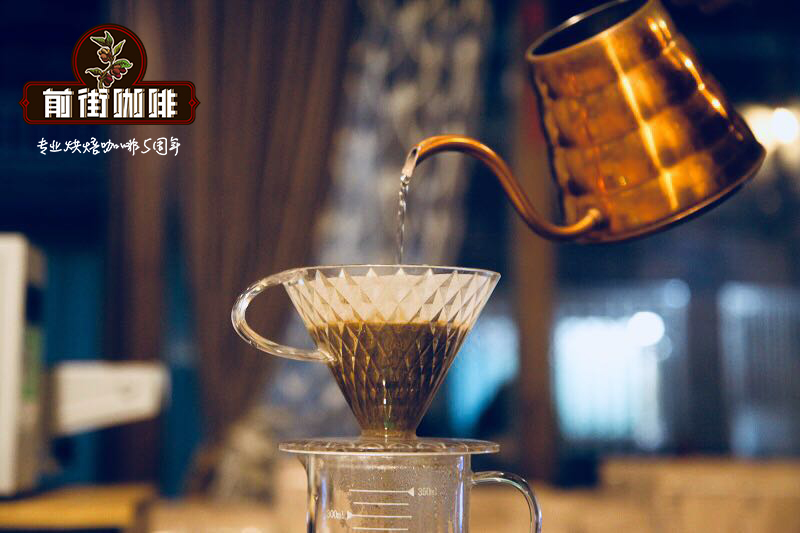What's the best way to drink coffee? Is it true that good coffee is not bitter?

Professional coffee knowledge exchange more coffee bean information please follow the coffee workshop (Wechat official account cafe_style)
This is a common question for people who are beginning to be interested in coffee. Would you like some sugar? Can I add milk or cream? Is it better to drink it hot or cold? Coffee books on the market have different answers to this question, some of which are very serious, such as "never add sugar, it will destroy the original taste of coffee." Or "only whipped cream, not milk." Oh, and so on. As for me, I have a very easy answer: "drink as much as you like." However, I will add some supplementary notes and listen to me.
With regard to the temperature of the coffee, including the brewing time or the entrance time, I will save it for later. Today, let's talk about the issue of adding sugar and milk. First of all, please think about it. Who is drinking coffee? It is you who enjoy the sensory happiness brought by smell, taste and so on. If you think a cup of sweet and creamy coffee tastes good, is there any reason to give up the pleasure of adding sugar and milk just because of what others say? However, on the other hand, if so many coffee connoisseurs will recommend a certain way of drinking, then that method of drinking must make some sense. Why not try it when you are in the right mood? Maybe I will really like it, not necessarily.
When it comes to adding sugar, many coffee players insist that "good coffee is not bitter", but it must be a lie to say that coffee is not bitter. We should even think that "bitter taste" is an important ingredient in a good cup of coffee. If you take the bitter taste away, it is like a bitter gourd without bitter taste. Do you think that kind of coffee tastes good? The problem is that the bitterness in coffee comes not from a single substance, but from a variety of bitter organic compounds, such as caffeine, chlorogenic acid, trigonelline and so on. Among them, some of the bitterness is very elegant, combined with the trace amount of sugar in the coffee itself, it will make people feel "sweet"; but there is also some bad bitterness, with a sense of astringency, will stick to the root of the tongue for a long time, that kind of feeling is not very pleasant.
Generally speaking, the more high-end boutique coffee (specialty coffee), the content of chlorogenic acid and caffeine are lower, its bitter degree is very slight, and Huigan aftertaste can be maintained for a long time, coffee with this quality, without sugar and milk, simply drinking is also very enjoyable. If anyone among readers doesn't know the difference between elegant bitterness and unbearable bitterness, I suggest you try the following two kinds of coffee at the same time, and I'm sure you can tell it right away: Hawaiian Kona extra fancy (or other similar coffee), or any moderately roasted Robusta.
It is worth mentioning that whether it is the earliest coffee house in the East (appeared in Istanbul) or the earliest coffee house in the West (Blue bottle Cafe, which appeared in Vienna in 1683, not the class flower in San Francisco today), the coffee is filled with sugar. In Istanbul, using a pot called ibrik to boil finely ground coffee powder with sugar, the "Turkish" coffee is strong and sweet, and the bottom of the cup is covered with muddy coffee grounds, and the liquid is covered with a layer of attractive coffee foam. People who have drunk it may not like coffee with such a strong style, but it will be so impressive that it will never be forgotten.
Traditionally, Turkish coffee must be sweetened. Without sugar, it generally means that there are two possibilities, that is, a family has a funeral or treats a visitor as an enemy (it seems a bit like a robber who is a guest at Alibaba's house but refuses to eat salt in a fairy tale. In the Blue bottle Cafe, when he introduced coffee to Franz Kolschitzky, who lived in Vienna, he not only added sugar to the coffee, but also made two pioneering efforts: one is to remove the coffee grounds (Turkish coffee is free of dregs), and the other is to add milk to the coffee. Today, many people in Europe and the United States still keep this habit of adding sugar and milk when drinking coffee.
Before the 1980s, the word "boutique coffee" had not yet appeared, and most coffee drinkers were used to adding sugar or milk (or cream) to their coffee, so if you bought a whole set of coffee cups and plates at that time, there must be two standard accessories, sugar jar and milk jar. However, since "boutique coffee" has become a fashion, a large number of "experts" and "talented people" who study coffee have suddenly sprung up. They often boast that they have to drink "original flavor" when drinking coffee, so adding sugar or milk has suddenly become a sign of being out of date. But in fact, not every type of coffee can be classified as boutique, and drinking "black coffee" is not necessarily enjoyable. It would be too hypocritical to drink "black coffee" without sugar or milk just to show that your taste is superior.
This reminds people of an interesting taste related to drinking wine. Most people who drink wine often know that sweet wines such as ice wine and Sauterns are only drunk under special circumstances, such as when served with dessert or foie gras. Generally speaking, most of the wine with a meal is not sweet, so drinking wine with sweet taste is often regarded as "unfashionable." In the world of wine, the English word for "unsweet" is "dry", while the French equivalent is "sec". Therefore, if the bottle of French wine is marked with "sec", it means that it is a bottle of unsweet wine, but only on the bottle of champagne, if you see "sec", you can be sure that this is a bottle of champagne with a slightly sweet taste. This actually has something to do with the vanity of the drinker. You know, champagne is usually drunk only when the atmosphere is happy, and if the wine is slightly sweet, it feels particularly pleasant, but drinking sweet wine seems unfashionable, so what should we do? The clever wine merchant then came up with a clever idea, which is to mark the slightly sweet champagne with "sec", so that the drinker can maintain his "taste pride" so that he will not feel ashamed, but replace the really unsweet champagne with another French word "Brut".
Back to the subject of coffee. Once I asked a friend who runs a coffee shop whether most of the guests who come to his shop to drink coffee drink black coffee. His coffee shop mainly focuses on espresso. In espresso, only Espresso is pure coffee. Others, such as Cappuccino and Macchiato, actually add milk, and some even account for no less than coffee. His answer may disappoint many coffee makers. 'The number of people who order Espresso is much lower than those who order other types of coffee, and to be fair, this answer is quite consistent with my prediction,'he said. So, in the future, if we have new members in the May 4th Coffee Club, and ask me the same question: what is the best way to drink coffee? I think I will answer him easily: "you can drink as much as you like."
Author: Guan Jianzhong
END
Important Notice :
前街咖啡 FrontStreet Coffee has moved to new addredd:
FrontStreet Coffee Address: 315,Donghua East Road,GuangZhou
Tel:020 38364473
- Prev

Balzac, a French writer who drank 50,000 cups of coffee, taught you how to drink coffee!
Professional coffee knowledge exchange more information about coffee beans Please follow the coffee workshop (Wechat official account cafe_style) everyone drinks coffee in a different way. Some people must drink in the morning, have another drink in the afternoon, and do not refuse to come in the evening; some people who drink after noon may not be able to sleep at night. Some people are cool and black, the stronger the bitter, the better; others like a hot latte, thick
- Next

[hand brewing skills] the key factors affecting coffee brewing: how to inject water?
Professional coffee knowledge exchange more coffee bean information please follow the coffee workshop (Wechat official account cafe_style) there are three kinds of T:Time (time), Temperature (temperature), and Turbulence (flow) in the hand flush. Today we are going to introduce the flow of water, that is, the Turbulence of the three T. When practicing hand flushing, we often practice the skill of water injection.
Related
- Beginners will see the "Coffee pull flower" guide!
- What is the difference between ice blog purified milk and ordinary milk coffee?
- Why is the Philippines the largest producer of crops in Liberia?
- For coffee extraction, should the fine powder be retained?
- How does extracted espresso fill pressed powder? How much strength does it take to press the powder?
- How to make jasmine cold extract coffee? Is the jasmine + latte good?
- Will this little toy really make the coffee taste better? How does Lily Drip affect coffee extraction?
- Will the action of slapping the filter cup also affect coffee extraction?
- What's the difference between powder-to-water ratio and powder-to-liquid ratio?
- What is the Ethiopian local species? What does it have to do with Heirloom native species?

